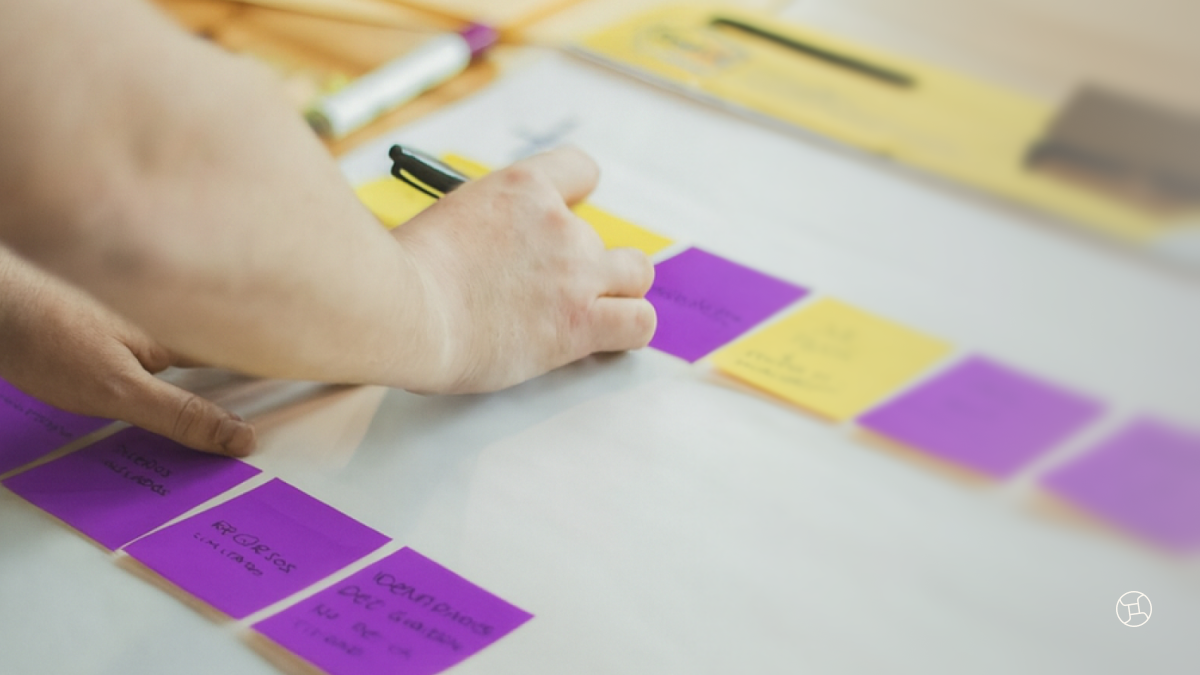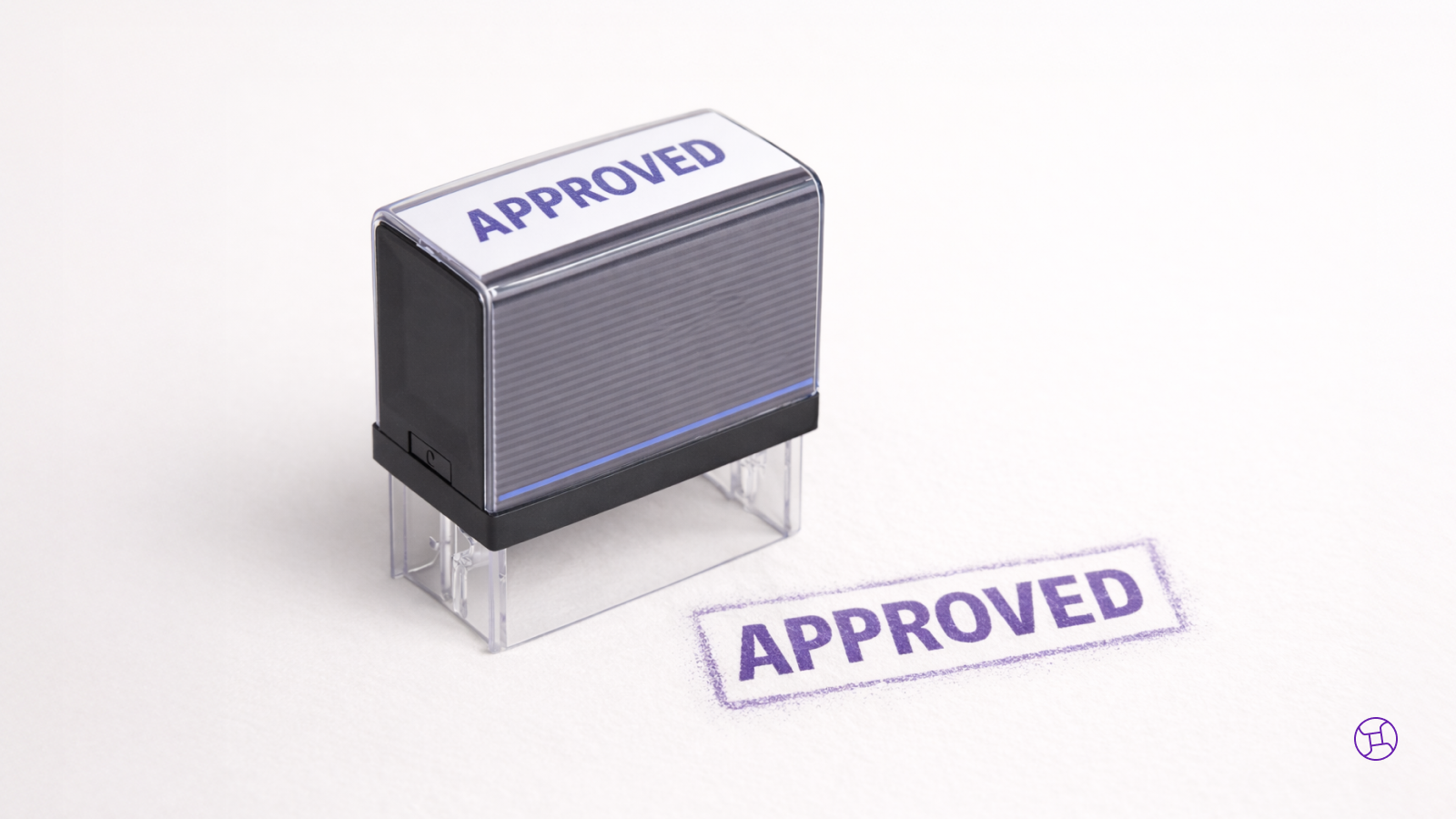At Provider Choice, we know how important it is to feel confident about what your plan covers, especially when it comes to therapy.
The NDIS has just released a brand new ‘Therapy Supports Guide’ (October 2025) that explains which therapies can be funded, who can deliver them and how they help you build or maintain independence.
Clearer definitions for therapy types
The guide clearly separates therapy into two categories:
- Capacity building therapy – helps you build new skills, confidence or independence (for example, learning to travel on public transport or developing daily living skills).
- Maintenance therapy – helps you keep your current level of function and slow down any decline, like ongoing physio or speech therapy.
This distinction helps everyone understand why therapy is being delivered and how progress will be measured.
A wider list of recognised therapies
It also includes a broader range of allied health therapies the NDIS may fund, with clearer descriptions and qualifications required for each.
Some of the included supports are:
- Occupational therapy, physiotherapy, speech therapy and psychology
- Art and music therapy, where creativity is used to support emotional or cognitive development
- Exercise physiology and dietetics, focused on health, strength and nutrition needs related to disability
- Counselling, developmental education and social work, to support mental health, social skills and transitions like starting work or school
Clearer rules on who can deliver therapy
Only qualified allied health professionals (like OTs, speech pathologists, psychologists and dietitians) can deliver NDIS therapy supports.
Therapy assistants can also support your program under supervision, often at a lower cost. This makes your funding go further while keeping quality and safety in check.
A simpler process for getting therapy in your plan
If you’re asking for therapy supports in your plan, you’ll now need to provide clear, practical evidence from your therapist, including what therapy you need, how often and what outcomes it’s expected to achieve.
You can also combine multiple therapists under a multidisciplinary team approach. For example, working with both a physio and speech therapist towards one goal.
What’s not considered NDIS therapy
The guide also makes it crystal clear what won’t be funded. These are things that aren’t evidence-based or directly related to disability needs, such as:
- Aromatherapy or crystal therapy
- Animal therapy (unless used as a tool within a qualified therapy)
- General fitness, personal training or gym memberships
- Art or yoga classes labelled as “therapy” without measurable outcomes
What it means for you
This new guide was released to ensure your therapy services have a real impact in supporting your independence, growth and goals.
This is a great time to check in on your current therapies:
- Make sure each therapist has clear goals and measurable outcomes in place.
- Ask whether your therapy is building capacity or maintaining progress and whether that’s still the right fit for where you’re at now.
- Review how your therapy sessions are being tracked and whether progress is being shared ahead of your next plan review.
If you’re reviewing your therapy supports, our team can help you make sense of what’s new and guide you through your next steps. Book a one-on-one session with our Gurus today.
You can download the Therapy Support Guide on the NDIS website.



